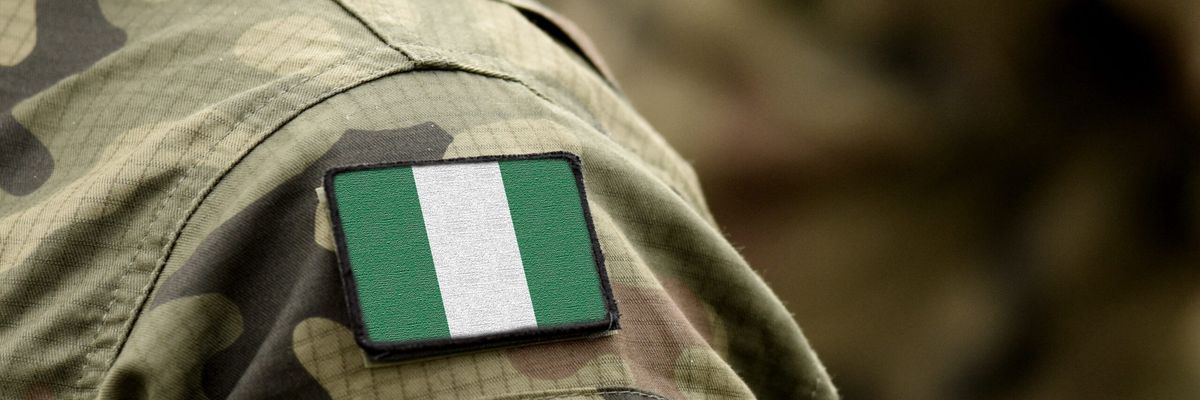Since 2013, the Nigerian military has “run a secret, systematic and illegal abortion programme in the country’s northeast,” leading to the termination of at least 10,000 pregnancies, according to a new report from Reuters.
The campaign, which targets women who have been raped by Islamist fighters, stems from the idea that “the children of insurgents are predestined, by the blood in their veins, to one day take up arms against the Nigerian government and society,” according to report.
Reuters confirmed the programs existence through interviews with victims, soldiers, and health workers who have been instructed to carry out the forced abortions, which legal experts say could amount to crimes against humanity. Nigerian authorities strongly deny the allegations.
The shocking revelation is the latest in a long line of human rights-related accusations lodged against the Nigerian military in recent years. Alleged abuses include “extrajudicial executions, enforced disappearances, arbitrary arrests and incommunicado detentions,” according to Amnesty International.
The report comes just eight months after the United States approved a $1 billion sale of military equipment to Nigeria. Though officials had initially delayed the sale over human rights concerns, the deal went through after including a mandate of “special training on the law of armed conflict and human rights, and air-to-ground integration to minimize civilian harm in air operations.”
The news will add pressure on leaders in Washington to reduce or end U.S. military support for the country, which, between direct aid and arms sales, has totalled more than $2 billion since 2000.
As journalist Nick Turse wrote earlier this year, “Nigerian armed forces have not only failed to defeat militants but routinely commit grave human rights abuses in the name of counterterrorism without repercussions from the United States.” This pattern has continued despite years of U.S. training aimed at encouraging soldiers to protect civilians and reduce human rights violations.
Beyond concerns about rights abuses, experts have also questioned whether Nigeria’s expensive, militarized approach to Boko Haram and the Islamic State has made any progress in destroying the groups.
“The United States should support nonviolent peacebuilding programs, and the Nigerian government must prioritize its spending to address the same,” wrote Nigeria analysts Charles Kwuelum and Iyabo Obasanjo earlier this year.
“In a place where high percentages of the population are food insecure and lack adequate health or educational opportunities, the expenditure of nearly $1 billion for weapons will further erode trust in the Nigerian government,” Kwuelum and Obasanjo added. “While we fully support the need to address insecurity, more weapons won’t solve Nigeria’s security crisis.”
















